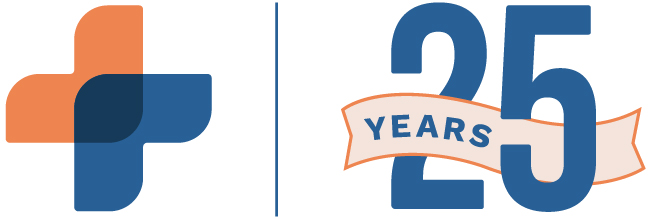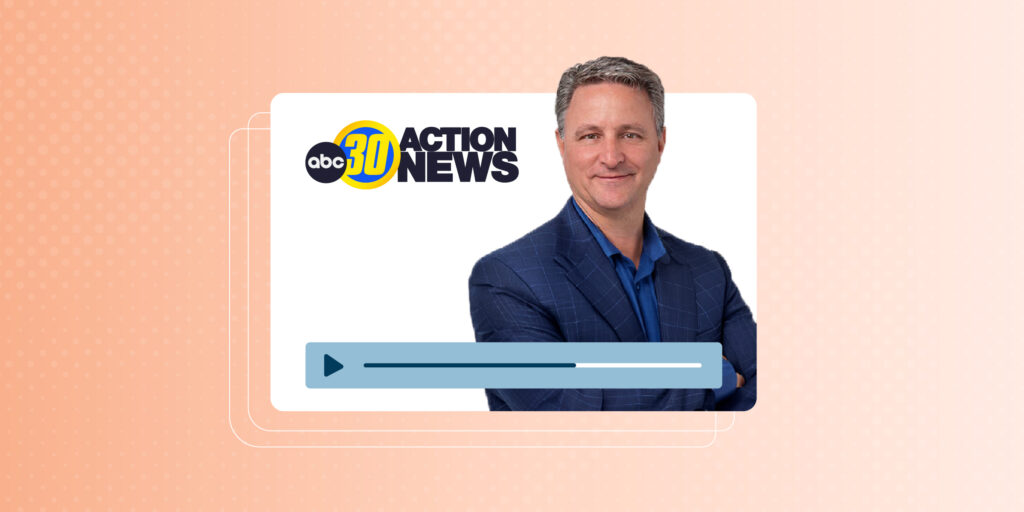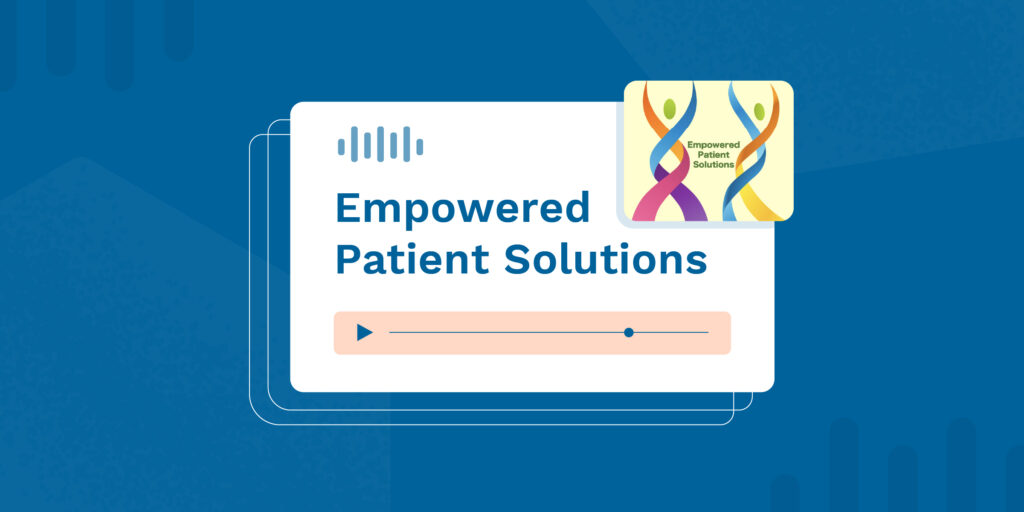Originally designed for camping trips, recreational vehicles (RVs) are finding new purpose as mobile substance abuse clinics for hard-to-reach populations. Substance abuse and the opioid crisis is a major concern across the U.S., affecting all 50 states and Washington, DC. Almost 21 million Americans have at least one addiction, with only 10% receiving treatment. But it’s particularly difficult for those living in rural communities who have few nearby resources.
The Yale School of Medicine conducted a study that measured how far people had to drive to be seen at a methadone clinic in five states hit hard by the opioid epidemic: Indiana, Kentucky, Ohio, Virginia, and West Virginia. On average, patients living in rural counties spend 37-49 minutes traveling to the nearest treatment center. In contrast , those living in more urban counties were only about 16 minutes away from a treatment program.
Reaching People Where They Are
The challenge is making substance abuse treatment more accessible to those in rural or outlying areas. Municipalities and healthcare providers have tackled this problem by taking treatment centers on the road.
Former Addicts Bring Resources to Their Community
A recent CNN article and video showcased the success of a mobile clinic in western Pennsylvania. Amanda Cope, a recovering alcoholic, now a registered nurse, started Positive Recovery Solutions—a mobile addiction recovery clinic. Positive Recovery Solutions combines behavioral counseling with monthly shots of Vivitrol (naltrexone) administered by Cope. (Vivitrol blocks the effects of opioid medication, including pain relief, urges, or feelings of well-being.) The mobile clinic works on a referral basis and serves 200 and 400 patients a week. Logistics manager, driver, and receptionist, Stuart Masula, is himself a recovering addict. In addition to Vivitrol injections, Cope and Masula provide real-life examples of recovery to the patients they serve.
Going Mobile with Grant Money
Other parts of the country are also using mobile clinics to reach patients in hard-to-reach areas. Funded by a $1.7 million grant, BestSelf Behavioral Health, based in Buffalo, NY has six RV-sized vehicles with exam rooms and telemedicine equipment. These clinics provide medication-assisted treatment and counseling for people needing substance abuse treatment in western New York.
Colorado is also using $30 million in grant funds to purchase six vans to treat patients with addictions. They are using the State Opioid Response grant from the Substance Abuse and Mental Health Services Administration to purchase the vans and equip them with materials needed to deliver medication-assisted therapy.
Overcoming Patient Resistance
Mobile substance abuse clinics offer more than convenience. They also help people overcome the stigma of seeking initial help at hospitals, doctor’s offices, or even drug-treatment facilities. These units can reach those struggling with addictions, but who are reluctant or fearful to seek help.
When a county in Maryland introduced a mobile clinic last year, Lt. Governor Boyd K. Rutherford praised the service for providing a link to patients who might not otherwise seek care. “Today I am pleased to announce the launch of the Maryland Mobile Wellness Initiative, a mobile wellness vehicle that will link individuals to community service providers for help with substance use disorders,” said Lt. Governor Rutherford. “As we know, the decision to voluntarily enter treatment requires a significant level of engagement and readiness, and this will offer another way for individuals and their families to seek help in a local, non-threatening environment.”
Why Targeting Rural Communities is Critical
The American Academy of Family Physicians reports that people in rural communities have an 87% higher chance of being prescribed an opioid than those in urban locales. So it’s no surprise that until 2019, the number of opioid-related deaths in rural areas rose faster than in metropolitan areas.
Health officials across the country are exploring different approaches for reaching those in need of substance abuse treatments—from telehealth to mobile apps. But mobile clinics provide the personal connection that many need to overcome their addiction. Experts estimate that there are 2,000 mobile health clinics across the country. These clinics are achieving results, such as reducing emergency department visits and better health outcomes. Mobile clinics are another effective weapon in the fight against opioid addiction by reaching people where they live.
RXNT supports all efforts to address addiction issues in the U.S. Our Electronic Prescribing solution is DEA-certified for federal and state Electronic Prescribing of Controlled Substances (EPCS) mandates.





